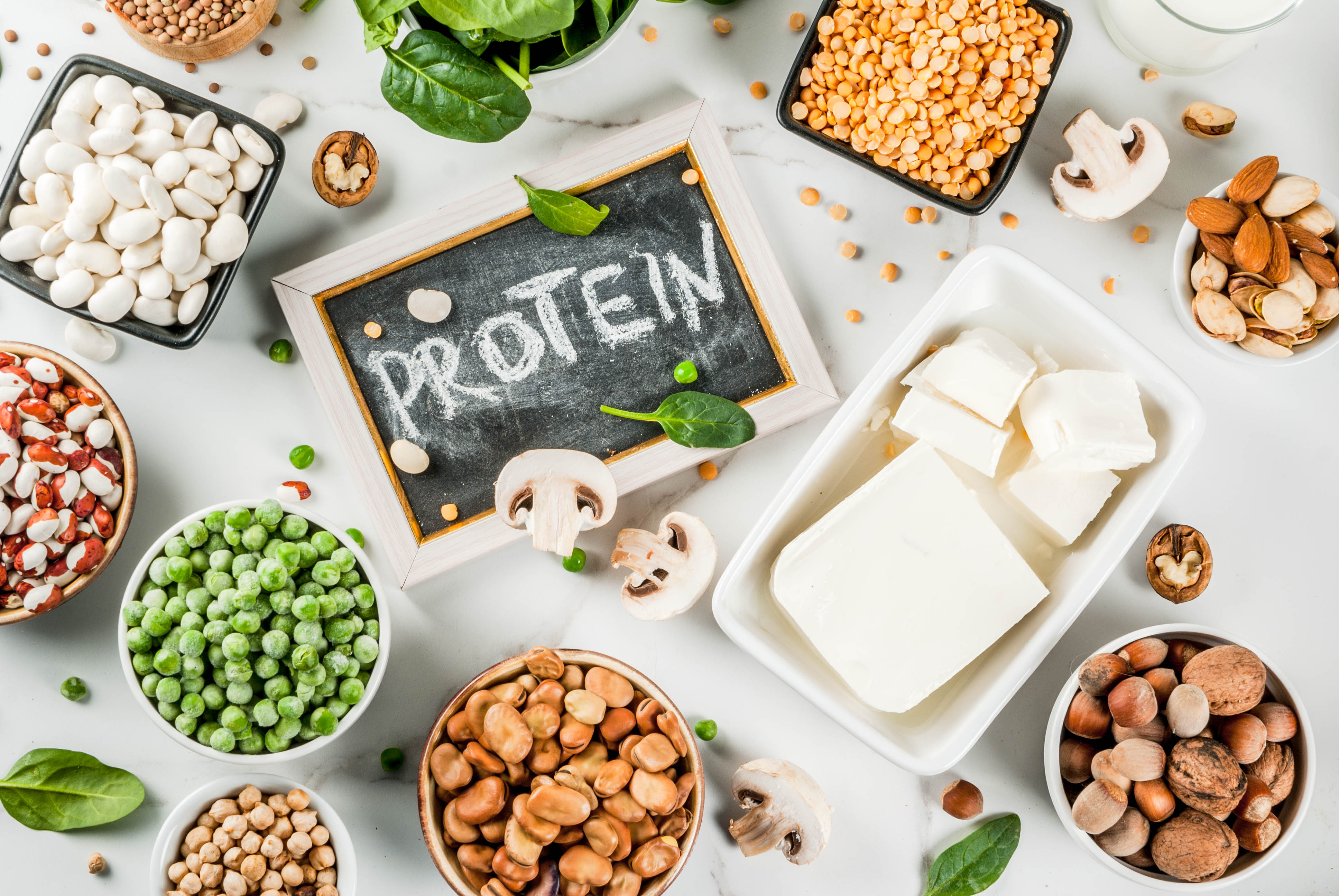It might feel like there are protein supplements and snacks everywhere you look at the
moment— whether that’s at the gym, on Instagram, or even in supermarkets these days.
We’re usually the first to stress its importance (for both your sporting performance and
general health), but we’re also aware there are some myths floating around that.
Myprotein India ’s expert addresses the myths, so that we can be totally clear on its worth.
1) There’s no such thing as eating too much protein:
You may not process protein the same as others — for example, if you’re new to working
out, it’s not wise to dive straight in and match what your favourite bodybuilder tells you they
eat on a daily basis. If you take in too much protein that you don’t need, your body won’t be
able to metabolise it and will store it as fat instead.
Consuming more protein than you need can also result in an increase of nitrogen that your
body can’t use or get rid of. A bad scenario that can stem from this is kidney damage, not to
mention digestive issues before it gets to that point, such as diarrhoea and constipation.
2) The main role of protein is in muscle development:
This is only true when combined with a weight lifting programme to match your protein
intake. Your body needs the amino acids from protein to repair and build muscle, so if you
increase your protein intake according to the amount you work out, yes, it will support
muscle growth.
But there is much more to protein’s role in your body than just bigger muscles. It’s a vital
building block in a variety of other body components, including blood, bones, cartilage and
your skin — not to mention your hair and nails.
3) You don’t need protein from your diet if you take supplements:
A whey shake gets you everything your body needs pre-, mid- and post- workout, helping to
build and replenish your knackered muscles in an easily absorbed way. They taste good,
they’re easier transported than a slab of chicken, and they’re so versatile you can mix them in
with other foods, yoghurts and blends so that it never tastes the same way twice.
However, it’s recommended that they’re taken alongside a balanced diet, and not as a
substitute for food sources of protein — that goes for both animal and plant-based protein.
You need the essential amino acids in your diet, and combining supplementary protein with
that of food sources ensures that you get all the essential micronutrients that your body needs
from a varied protein diet.
4) Eating less protein is the key to weight loss:
For weight cutters there is the myth that protein supplements will make you put on weight.
Protein does contain calories and consuming large amounts of anything containing calories
could essentially make you bigger in a way you don’t want — but this is where macro
counting comes into play.
By eating less protein you will be depriving your body of all that it needs to function
correctly. The answer here is to understand what contributes to an increase in body fat and
identify what you need from what you don’t alongside a healthy workout routine.
5) Some Sources Of protein are bad:
Protein is protein and your body needs it. However, some food sources can come loaded with
other attributes that you should probably limit or cut from your diet for health reasons.
For example, some good sources of protein are also high in saturated fats, which can increase
the LDL (bad cholesterol) in your blood. These include fatty meats, red meats, eggs and dairy
products — none of which are immediately an issue, but, as mentioned, they can contribute to
your cholesterol which can affect your circulatory system.
Conclusion:
There are a lot of myths out there about protein, and it’s always best to deal with the facts
before making protein a staple of your exercise and nutrition routine.
Protein is not the magic ingredient that will instantly get you ripped, it can lead to muscular
hypertrophy when it’s consumed alongside a consistent and effective workout plan. It can
also be really helpful when trying to lose weight, as it’s known for keeping you fuller for
longer which can help you cut snacking.
It’s important to do your research before you dive in, and keep in mind that all good things in
life should be taken in moderation.
Follow @missmalinilifestyle for more.

